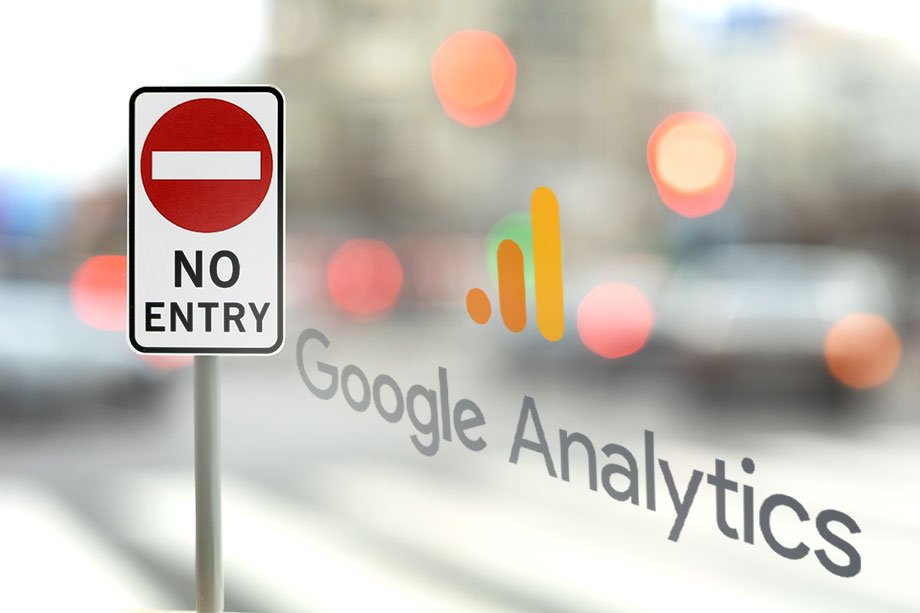“Degoogle” refers to the act of reducing or eliminating one’s dependence on Google’s products and services in daily life. It has become a movement among some individuals and privacy advocates who are concerned about the vast amount of personal data that Google collects from its users and the potential risks associated with this level of data collection.
Here are some reasons why some people choose to “degoogle” and seek alternatives to Google’s products and services:
Privacy concerns: Google collects an enormous amount of user data, including search history, location data, browsing habits, and more. This data is used for targeted advertising, which some people find intrusive and concerning for their privacy.
Data security: With so much personal information stored by Google, there is a risk of data breaches or unauthorized access, potentially exposing sensitive user data to hackers or malicious entities.
Monopoly concerns: Google is a massive tech conglomerate with influence in various industries. Some people advocate for reducing Google’s dominance and promoting competition in the tech market.
User tracking: Google tracks user activities across its products and services. For some individuals, this level of tracking raises concerns about the amount of information being gathered and analyzed about their online behavior.
Advertising and targeted marketing: Some people dislike the way Google’s advertising model works, as it relies heavily on tracking user behavior to serve targeted ads.
Ethical considerations: There are concerns about Google’s involvement in projects or decisions that might raise ethical questions, such as data-sharing agreements with governments or participation in controversial projects.
How can I start degoogle-ing ?
To “degoogle” and reduce your dependence on Google’s products and services, follow these steps:
Assess Your Google Usage: Take an inventory of all the Google services you currently use, such as Gmail, Google Search, Google Drive, Google Maps, YouTube, etc. Note down the frequency of use and their importance to your daily life.
Identify Alternatives: Research and find privacy-oriented alternatives to the Google services you use. Refer to the list provided in the previous response for some ideas, and explore other options that suit your needs.
Create New Accounts and Migrate Data: Sign up for accounts on the alternative platforms you’ve chosen. For example, set up a new email account on ProtonMail, create a new cloud storage account on Nextcloud, etc. Then, start migrating your data from Google services to the new platforms. This may include moving emails, documents, photos, etc.
Set Up Sync and Backup: If you rely on synchronization between devices, ensure your new services support syncing across your devices. Also, set up regular backups to avoid data loss.
Update Browser and Search Engine: Configure your web browser to use your chosen search engine as the default. You can also customize your browser with privacy-focused extensions and add-ons to enhance your online privacy.
Change Default Apps: On your mobile devices, set alternative apps as defaults for tasks like email, maps, calendar, etc. This way, non-Google apps will open by default when you perform these activities.
Inform Contacts: If you’re switching from Gmail or another Google service that people use to contact you, inform your contacts about your new email address or alternative contact methods.
Export and Download Data: Before fully cutting ties with Google, consider exporting and downloading any data you want to keep, such as emails, contacts, photos, and files.
Delete or Deactivate Your Google Account: If you decide to stop using Google services entirely, you can delete or deactivate your Google account. Be aware that this action is irreversible, and you’ll lose access to data associated with that account.
Stay Informed and Flexible: Keep yourself updated on developments in privacy-friendly technologies and services. Technology evolves, and new alternatives may emerge over time.
Remember, “degoogle-ing” might not be a one-time process. It could take time to find suitable alternatives and adjust to new workflows. Be patient and flexible, and prioritize services that best align with your privacy and usability preferences.
Some alternatives you should consider...
There are privacy-oriented alternatives to various Google products and services. Here are some popular ones:
Search Engine:
DuckDuckGo : A privacy-focused search engine that doesn’t track your searches or store your personal information.
Email:
ProtonMail : A secure and encrypted email service that prioritizes user privacy and data protection.
Web Browser:
Mozilla Firefox : An open-source browser that respects user privacy and offers various privacy-enhancing features.
Online Office Suite:
LibreOffice : A free and open-source office suite that allows you to create documents, spreadsheets, and presentations offline.
Cloud Storage:
Nextcloud : A self-hosted cloud storage solution that enables you to store files and access them securely from various devices.
Maps and Navigation:
OpenStreetMap : A community-driven mapping platform that provides open and freely usable map data.
Video Conferencing:
Jitsi : An open-source platform for secure video conferencing and instant messaging.
Social Media:
Mastodon : A decentralized and open-source social media platform that emphasizes user privacy and data ownership.
Password Manager:
Bitwarden : An open-source password manager that securely stores your passwords and other sensitive information.
YouTube Alternative:
PeerTube : A decentralized and federated video hosting platform that allows you to share and watch videos without intrusive tracking.
Google Analytics:
Analyzati : offers you a privacy website visitor tracking alternative with no cookies, no IP tracking, no fingerprints. Analyzati is hosted in EU servers and the data is yours, 100%.
It’s important to note that while these alternatives prioritize privacy and security, no service can guarantee complete anonymity or data protection. Always read their privacy policies and terms of service to understand how they handle your data.
Additionally, some alternatives might have certain limitations or differences compared to Google’s offerings. Finding the best alternatives depends on your specific needs and preferences, but exploring these options can help you take steps toward a more privacy-conscious digital lifestyle.

